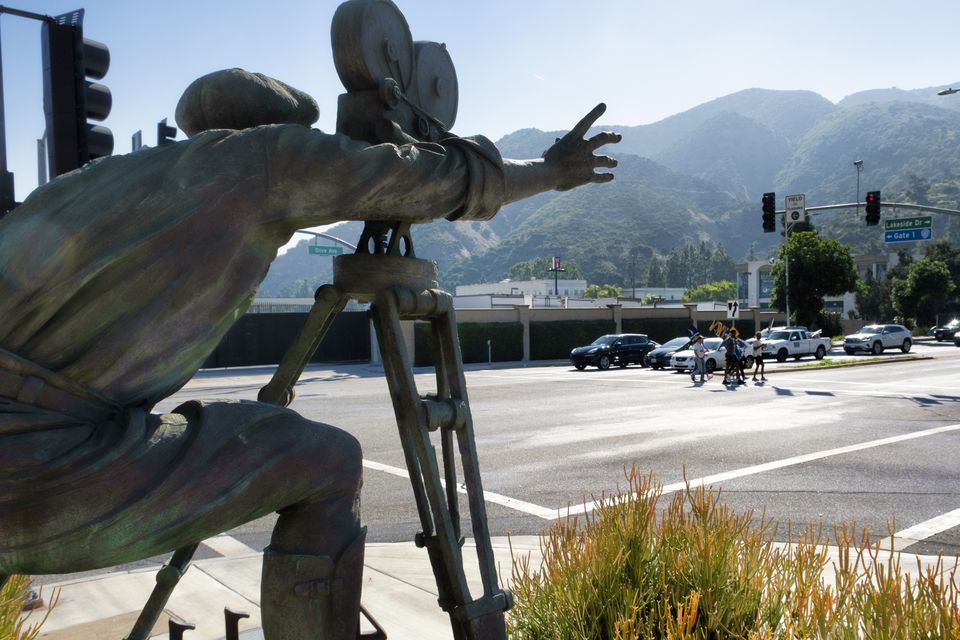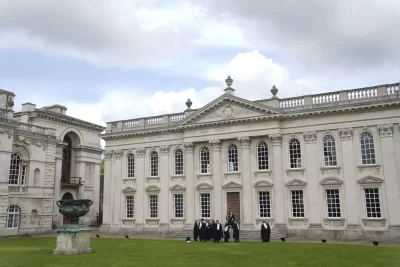
TV’s late-night hosts planned to return to their evening sketches and monologues by next week, reinstating the flow of topical humor silenced for five months by the newly ended Hollywood’s writers strike.
Bill Maher led the charge back to work by announcing early Wednesday that his HBO show “Real Time with Bill Maher” would be back on the air Friday. By mid-morning, the hosts of NBC’s “The Tonight Show Starring Jimmy Fallon” and “Late Night with Seth Meyers,” ABC’s “Jimmy Kimmel Live,” and “The Late Show With Stephen Colbert” on CBS had announced they’d also return, all by Monday. “Last Week Tonight” with John Oliver was slated to return to the air Sunday.
Fallon, Meyers, Kimmel, Colbert and Oliver had spent the latter part of the strike teaming up for a popular podcast called “Strike Force Five” — named after their personal text chain and with all proceeds benefiting their out-of-work writers. On Instagram on Wednesday, they announced “their mission complete.”
The plans for some late-night shows were not immediately clear, like “Saturday Night Live” and Comedy Central’s “Daily Show,” which had been using guest hosts when the strike hit.
Scripted shows will take longer to return, with actors still on strike and no negotiations yet on the horizon.
Maher had delayed returning to his talk show during the ongoing strike by writers and actors, a decision that followed similar pauses by “The Drew Barrymore Show,” “The Talk” and “The Jennifer Hudson Show.”
The three-year agreement with studios, producers and streaming services includes significant wins in the main areas writers had fought for — compensation, length of employment, size of staffs and control of artificial intelligence — matching or nearly equaling what they had sought at the outset of the strike.
The union had sought minimum increases in pay and future residual earnings from shows and will get a raise of between 3.5% and 5% in those areas — more than the studios had initially offered.
The guild also negotiated new residual payments based on the popularity of streaming shows, where writers will get bonuses for being a part of the most popular shows on Netflix, Max and other services, a proposal studios initially rejected. Many writers on picket lines had complained that they weren’t properly paid for helping create heavily watched properties.
On artificial intelligence, the writers got the regulation and control of the emerging technology they had sought. Under the contract, raw, AI-generated storylines will not be regarded as “literary material” — a term in their contracts for scripts and other story forms a screenwriter produces. This means they won’t be competing with computers for screen credits. Nor will AI-generated stories be considered “source” material, their contractual language for the novels, video games or other works that writers may adapt into scripts.
Writers have the right under the deal to use artificial intelligence in their process if the company they are working for agrees and other conditions are met. But companies cannot require a writer to use artificial intelligence.
___
Dalton reported from Los Angeles.







